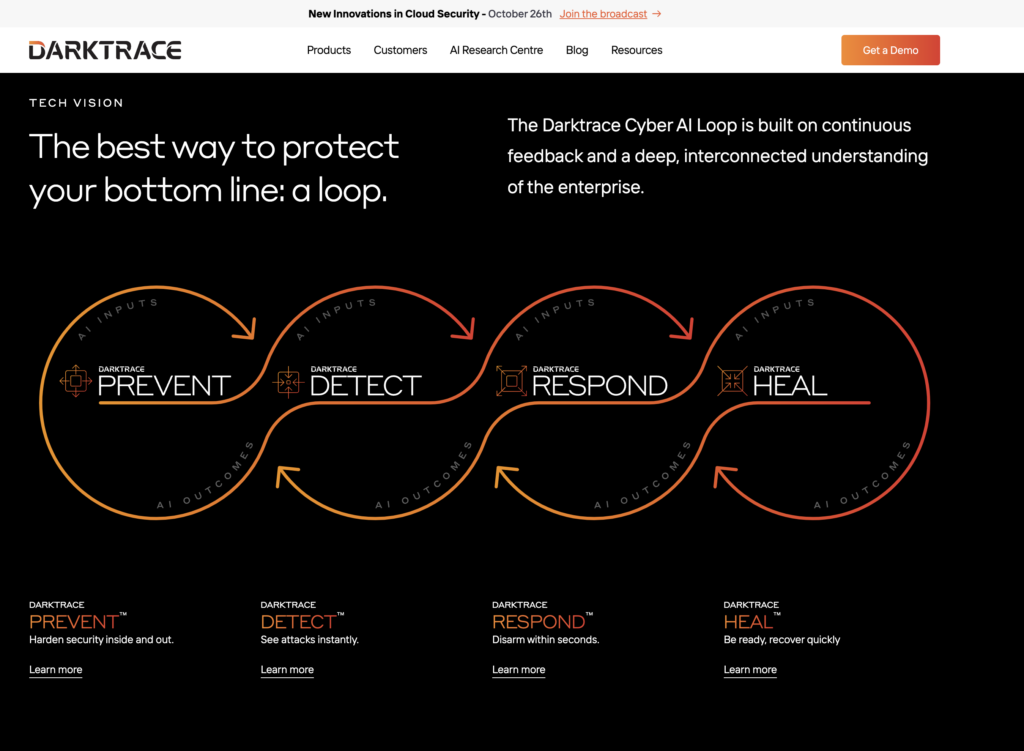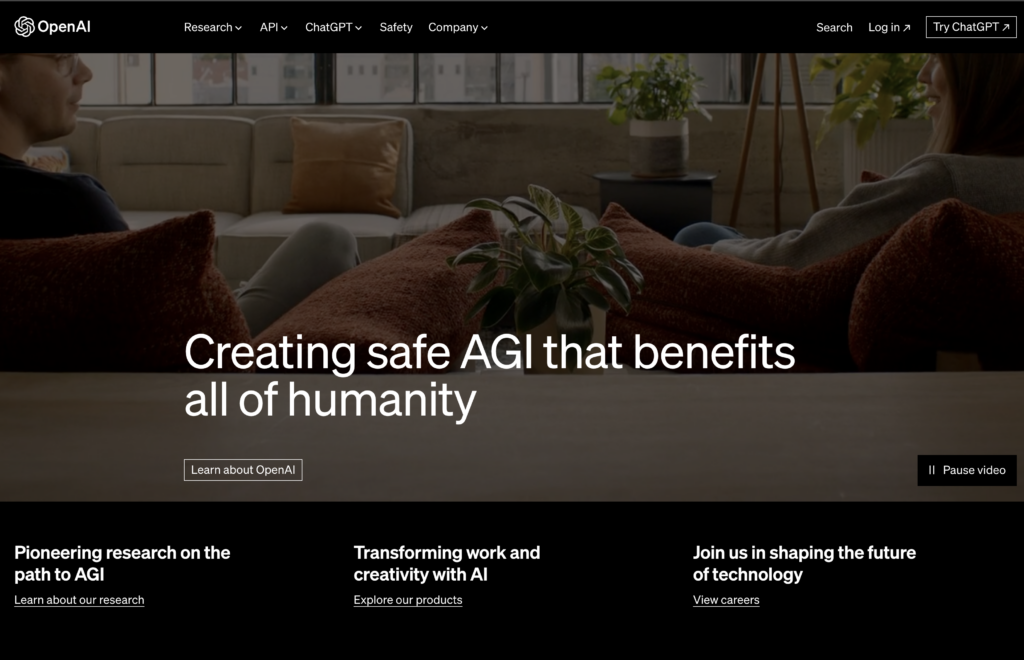Challenges of Branding Early-Stage AI Startups

While branding may seem secondary to the early phases in development of leading AI technology, establishing a strong brand and identity is critical for everything from securing VC funding through building a loyal customer base. And yet, new AI companies just starting out tend to run into similar branding challenges—and all benefit from an informed perspective around their identity and marketing challenges.
Defining Your Brand as a New Startup
Settling on a coherent brand identity while you’re still developing your product and growing your team is challenging. With little track record to define your startup, it can be tempting to change branding frequently while searching for what sticks. Focusing on your core values and working with a startup-focused brand agency that knows the industry can help you build momentum—and get around potential confusion.
With many players flooding the market, establishing a memorable brand that cuts through the noise is no easy feat. AI startups need articulated brands that can’t be easily confused with others. Distinct names, logos, design schemes, and slogans make an impression. Consistent, repetitive branding is essential for sticking in minds.
Key takeaway: Early-stage companies must try to define and stick to a brand identity even before having a polished product, because this can help build critical momentum.
In the example below, Bullfrog AI Stands out—but not in the best ways, in our opinion.

Messaging to Multiple Audiences
AI startups need to appeal to two very different audiences simultaneously: tech experts and general consumers. On the one hand, an AI startup needs to show tech insiders and talent that you have innovative, sound technology that can scale and grow reliably. Using too much marketing-speak could make you seem superficial to the tech community you are trying to reach and impress.
On the other hand, you need messaging and branding that appeals to mainstream consumers who will likely be unfamiliar with AI jargon. If you are not targeting general consumers, you still need to isolate a non-technical audience of decision-makers and prospects who need to understand your offering so they can buy into it. Too much complexity could block interest from turning into investment or purchase, depending on what stage you’re at.
Building connection with your audience is a key part of brand credibility, which is vital to driving repeat engagement and a loyal base.
Key takeaway: Striking the right balance of technical vs. layperson messaging can be challenging, but a deliberate approach can pay dividends.
In the example below, Darktrace does a good job of simplifying its offering through an infographic.

Conveying Trustworthiness and Values
Since AI is a new field with many uncertainties around privacy, security, and ethics, establishing trust is important—but early-stage companies lack the years of reputation to lean on that bigger corporations carry. Branding can help AI startups convey transparency, demonstrate integrity, and share visions of positive use of new technology to drive larger positive impacts. This branding could center around ethics, security, and demonstrating the founding team’s expertise. Leveraging competitive industry insights along with branding expertise can help build a visual vocabulary that effortlessly conveys this foundation as opposed to requiring lengthy explanation.
Worried about being too young to have a meaningful brand? Think again: in the absence of an extensive track record, showcasing the experience and credibility of the founding team becomes particularly important. Branding should highlight notable expertise, backgrounds with recognizable brands, academic pedigrees, and other qualities to inspire confidence. Savvy use of founder bios, LinkedIn profiles, About pages, and press coverage helps.
Key takeaway: A bit of upfront investment in branding can help establish trustworthiness.
In the example below, Open AI assures us they will not kill all of humanity.

Differentiation in a Crowded Space
The AI industry is rapidly becoming more competitive each day, covering a wide range of both large tech companies as well as brand-new startups. Having a distinctive brand is essential to stand out and build meaningful engagement. Rather than generally touting AI capabilities, it is smarter to first identify your niche positioning and then orient your branding to own that niche. This level of focused differentiation can make your marketing and sales efforts more effective in both the short and long term.
That said, startups also need to be realistic and brand themselves as innovators advancing the most advanced AI while also keeping pragmatic. If branding makes AI abilities seem like unrealistic moonshots, it will turn off investors and partners. But if AI just seems like incremental improvements on existing tech, it may fail to generate much excitement. New companies must strike that delicate balance between visionary and viable.
Solid brand differentiation conveying a unique voice is more likely to attract employees for the “right reasons”—that is, team members who share organizational values, prove their talent and request appropriate pay, while also boosting productivity and retention. Particularly for a fast-growing start-up, build a core team that performs and sticks around is key to maintaining your growth trajectory.
Key takeaway: Small, incremental wins add up over time—don’t wait to build your base.
As you can see below, Midjourney is definitely standing out from the crowd.

Adapting Branding Over Time
As the company matures, early branding may need to evolve. What attracts early adopters may not resonate with the public, while branding that seems innovative today will eventually become mainstream. AI companies must be ready to reposition branding as market acceptance grows without alienating early supporters. This doesn’t mean a complete overhaul, but it does mean tracking engagement and keeping a finger on the pulse of audience development.
A 2023 Hubspot survey found that 83% of marketers have had to pivot two to four times in the past year; consistent branding helps maintain a steady marketing voice, even while the content and topics change.
Rather than just touting products, branding should also convey an AI startup’s culture. What are your organizational values and personality? Conveying culture makes a brand more human and helps attract talent seeking purpose-driven work. Promoting servant leadership over cutthroat competitiveness could be wise branding for some AI startups.
Key takeaway: Evolve your AI startup’s brand to flexibly adapt to rapidly-changing industry needs.
While tech innovation may seem paramount, taking branding seriously from the outset sets an AI startup up for greater long-term success by attracting top talent, investors, and customers while also building market momentum. A coherent, strategic brand that adapts and evolves with industry trends and consumer climate is a core foundational asset with the potential for high ROI.


